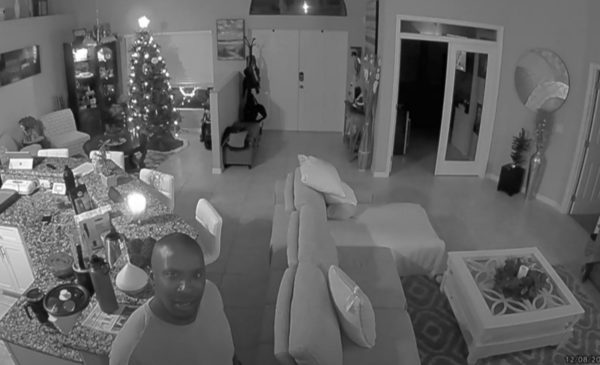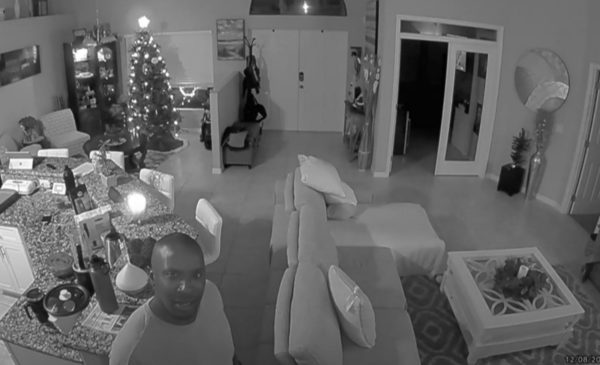Fifteen Families Sue Amazon Ring Over Hacked Devices Leading to Racial Slurs, Threats, and Sexual Harassment
A new lawsuit against the Amazon-owned Ring home security company alleges the company should have done more to prevent “horrific” invasions of privacy that resulted in incidences of sexual harassment, blackmail and threats, and racial slurs.
The class-action suit, filed by 30 people in 15 lead plaintiff families, claims the California-based company should have enacted more strict security measures to prevent hackers from taking over the devices, The Guardian reported.
The new suit combines previous suits from people who claim they were harassed after the devices were hacked. The claim says Ring blamed the victims for the hijackings in the past, by asserting victims should have used stronger passwords. The suit also alleges Ring has not updated security measures since the attacks.
Amazon acquired the company, which produces indoor and outdoor cameras with two-way communications for $1 billion in 2018.
John Baker Orange of Alabama, said he bought a $249 Ring security camera in July 2019 for safety reasons. One day, his three children, aged 7 to 10, were playing basketball when a voice came over the camera and commented on their game, encouraging them to get closer to the device.
In another case, a voice told a woman staying in an assisted-living community, “Tonight you die,” and then continued to sexually harass her.
In a 2019 attack, a Florida couple’s biracial son was subjected to racial slurs when the family’s Ring camera was hacked.
“Is your kid a baboon, like the monkey?” the voice asked. The slurs, directed at the 15-year-old, went on for three minutes until the batteries were ripped from the device.

The family — who are not known at this writing to be among the lead plaintiffs in the lawsuit — said an email response from Ring about the incident said the family’s password and username had been “exposed in a data breach.”
The lawsuit claims Ring should have required stronger passwords from the time of initial set-up of the device, along with two-factor-authentication.
In a 2019 hacking incident, usernames and passwords for 3,600 customers were found online. The suit alleges Ring is responsible for the security breach and that the stolen information may have been used to hack the cameras, which would mean the company can’t blame the hacking incidents on customers who chose weak passwords.
The suit covers tens of thousands of customers who bought Ring cameras between 2015 and 2019, even though they may not have been hacked.
It’s not clear who is behind the attacks.
“I would imagine that there are a whole lot more people out there who have been hacked,” said Hassan Zavareei, the lead attorney on the case. “This is probably just the tip of the iceberg.”
Ring has said it does not comment on legal matters.

